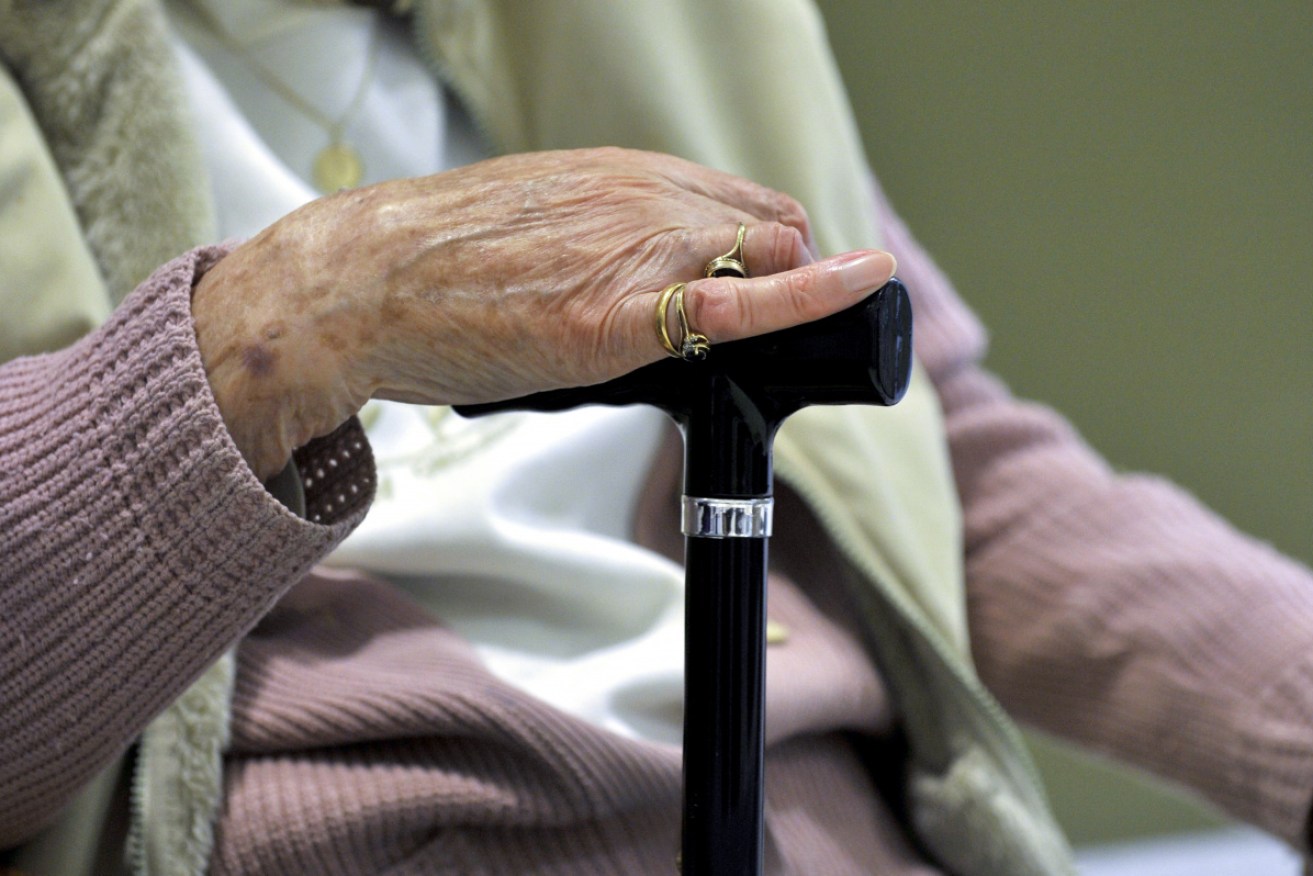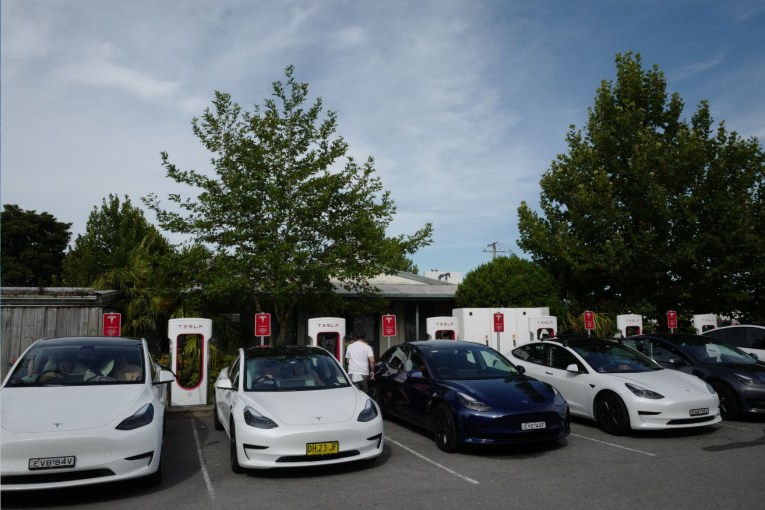Nursing home resident dies after contact with virus-infected worker


Eleven residents of the home in north-western Sydney are now in isolation. Photo: AAP
A Sydney aged-care worker has been diagnosed with coronavirus, potentially exposing elderly residents to the deadly infection at the nursing home where she works.
Health authorities in NSW have confirmed the woman in her 50s is an aged-care worker at the Dorothy Henderson Lodge in north-western Macquarie Park.
She is the third person to be infected via human-to-human transmission in Australia, with all three cases in NSW.
NSW Health Minister Brad Hazzard said the woman had contact with 13 lodge residents, two of whom subsequently reported respiratory symptoms. One of them, a 95-year-old woman, has since died.
“Whether or not it was related to corona, we don’t know at this point,” Mr Hazzard said.
The other residents are in isolation.

The worker was employed at Dorothy Henderson Lodge in north-western Sydney. Photo: ABC
Mr Hazzard said the worker had not recently travelled outside Australia, but began experiencing flu-like symptoms from about February 24.
She was in a good condition in hospital, he said.
NSW chief medical officer Dr Kerry Chant rejected the suggestion the Macquarie Park facility needed to be in full lockdown and said infection control staff visited on Tuesday night.
She said the centre had already taken a “lot of steps” to raise infection control.
The coronavirus has a death rate of up to 15 per cent for elderly sufferers, compared to children who seem to survive it.
Australia’s chief medical officer, Professor Brendan Murphy, has told Senate estimates the majority of sufferers will “barely notice it”.
Meanwhile, multiple patients and 40 staff from Ryde Hospital remain in quarantine after coming into contact with a 52-year-old doctor diagnosed with COVID-19.
Dr Chant said the doctor had had contact with a “diverse range of patients”.
The two workers are among six additional people to test positive for COVID-19 in NSW in the past 24 hours as cases have spiked across Australia. NSW now has 15 infections.
NSW Health is also alerting passengers who were on five flights from Asia in the past week after two men in their 30s, a man in his 50s and two women in their 60s tested positive following their arrival in NSW.
They travelled from Iran, Japan, South Korea and Singapore.
Premier Gladys Berejiklian warned the number of COVID-19 cases was likely to rise further in coming days.
Victoria confirmed a 10th case of coronavirus on Wednesday. State Health Minister Jenny Mikakos said a man in his 30s became unwell on Sunday after returning to Victoria from Iran on February 26.
In Queensland, a 26-year-old Logan man recently returned from Iran was the state’s 11th confirmed COVID-19 case. He is in isolation in the Princess Alexandra Hospital in Brisbane in a stable condition.
South Australian confirmed its fourth case on Wednesday – a 40-year-old woman who recently travelled from Iran, via Kuala Lumpur. Her young child is also being tested for the virus.
Tasmania also has its first case of confirmed COVID-19. The 40-year-old man, who tested positive after returning from Iran is in hospital in Launceston.
Health authorities also have concerns about his visit to a local Woolworths before he went into quarantine.
“The man did visit the supermarket after being provided with information about self-quarantine,” state public health director Mark Veitch said on Wednesday.
Dr Veitch said the risk to other people in the supermarket was low. However, he said anyone who was at the supermarket when the man was there should visit their GP or a hospital if they felt unwell.
The latest cases come as authorities pleaded with shoppers to stop hoarding toilet paper after supermarket shelves were emptied across Australia.
Prime Minister Scott Morrison urged Australians to “help each other” and lower general anxiety levels.
“I can understand why people may be concerned,” he said. “But the advice is that’s not necessary.”
Tweet from @SoniaCrestpac
Mr Morrison said he spoke to supermarket bosses on Wednesday about the panic-buying.
“They’ve been putting things in place to ensure that they get those shelves stocked up again and all the rest of it,” he said.
“People can just go about their business. That is what you can do, most importantly to help the economy, to help each other, and to lower the anxiety levels.”
-with AAP







